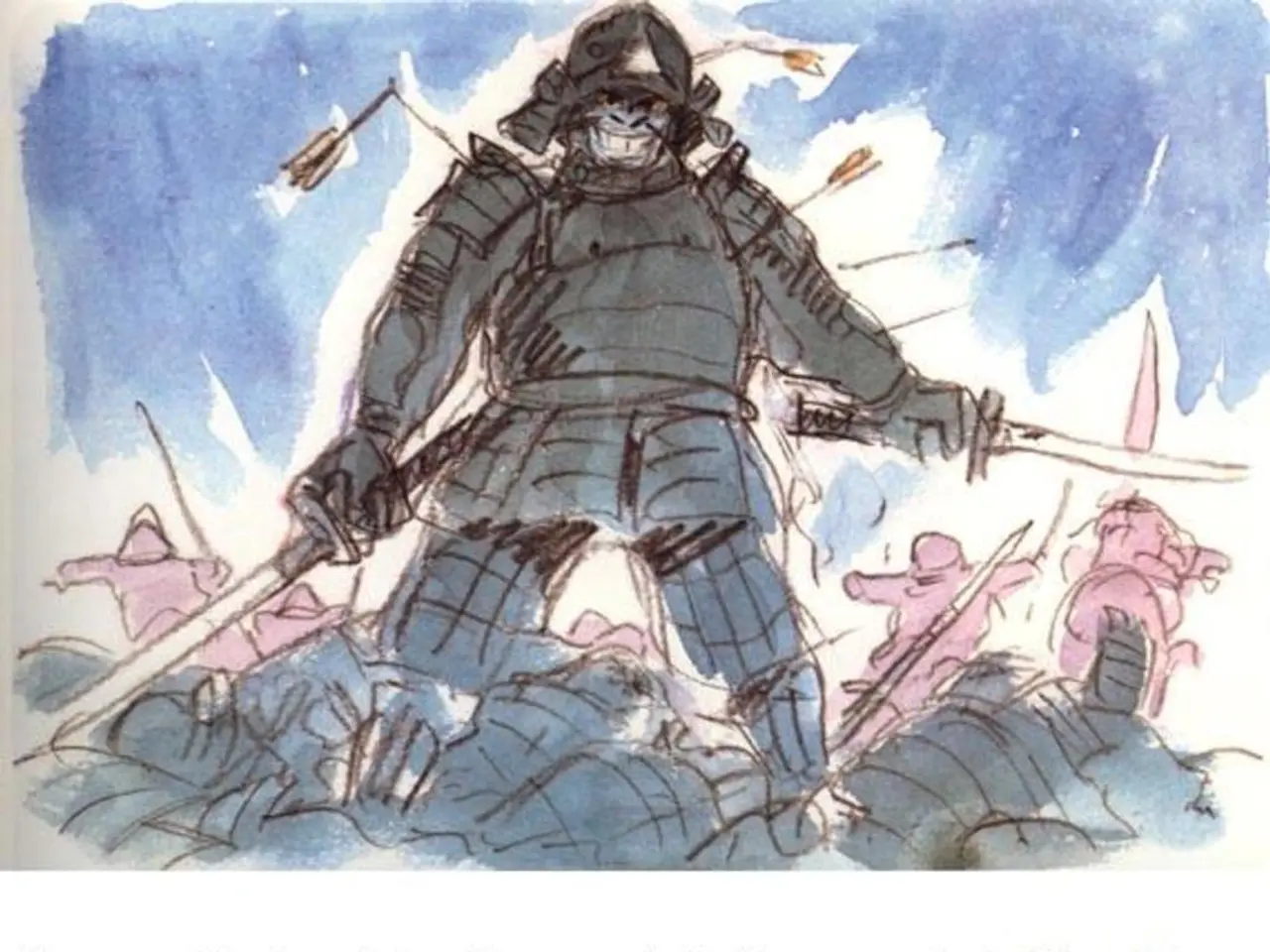Diplomatic Clampdown: Reason Behind Revoking Palestinian Leaders' Visas Before UN General Assembly Meeting Explained
In a move that underscores the complex geopolitical challenges in the Middle East, U.S. Secretary of State Marco Rubio has decided to revoke the visas of Palestinian President Mahmoud Abbas and around 80 other Palestinian Authority (PA) officials. This decision, made just before the United Nations General Assembly meeting next month, has sparked a wave of diplomatic strains and heightened tensions as the international community prepares to convene at the United Nations.
The visa revocations come amidst allegations that the Palestinian groups, including the PLO and the PA, have failed to honour their commitments and have taken actions perceived as undermining peace efforts. The U.S. government believes that it is in its national security interests to hold the PLO and PA accountable for these transgressions.
The development has prompted UN spokesman Stephane Dujarric to seek clarification from the U.S. State Department regarding the visa issues. The Palestinian Authority has condemned the visa revocations as a breach of international law and the agreements that grant the United States its role as the UN host country. They argue that the visa revocations conflict with the Headquarters Agreement and undermine their status as an observer member of the United Nations.
Meanwhile, President Abbas is expected to deliver a speech to the General Assembly, a tradition he has upheld for many years. He is also scheduled to attend a high-level meeting on September 22, co-hosted by France and Saudi Arabia, focusing on the two-state solution. Despite the visa revocations, President Abbas has confirmed that he will lead the Palestinian delegation at the upcoming UN meetings.
The U.S. government has also halted a program that allowed injured Palestinian children from Gaza to receive medical treatment in the United States. The statement also requires the PLO to consistently repudiate terrorism and end incitement to terrorism in education, as required by U.S. law and as promised by the PLO.
However, the State Department has assured that representatives assigned to the Palestinian Authority mission at the United Nations will receive waivers under the U.S. host country agreement. This suspension of the program followed an outcry on social media from conservative groups.
The Palestinians have historically used this global platform to voice their concerns and political aspirations. This decision by the U.S. government, therefore, signals a significant shift in the diplomatic landscape, with implications for peace prospects, humanitarian efforts, and international diplomacy.
Besides Israel, Rubio considered the Palestinian Authority in relation to the visa issue. No other specific countries are mentioned in the available search results regarding this matter. The Palestinian presidency stresses that this move could potentially harm the prospects for a peaceful resolution in the region.
As the UN General Assembly meeting approaches, the international community will be closely watching the developments in the Middle East and the responses from all parties involved. The revocation of visas and the suspension of medical treatment programs for Palestinian children have raised concerns about the future of diplomatic relations and the prospects for peace in the region.
Read also:
- visionary women of WearCheck spearheading technological advancements and catalyzing transformations
- Nursing home, St. Luke's, bids farewell to Beate Kalowsky after 34 years of service.
- California Senator Kamala Harris announces she will not seek the governorship in 2026, instead hinting at future professional ventures.
- Surprise in the restroom: Rodents emerging from the toilet bowl - "Preventive Measures"








